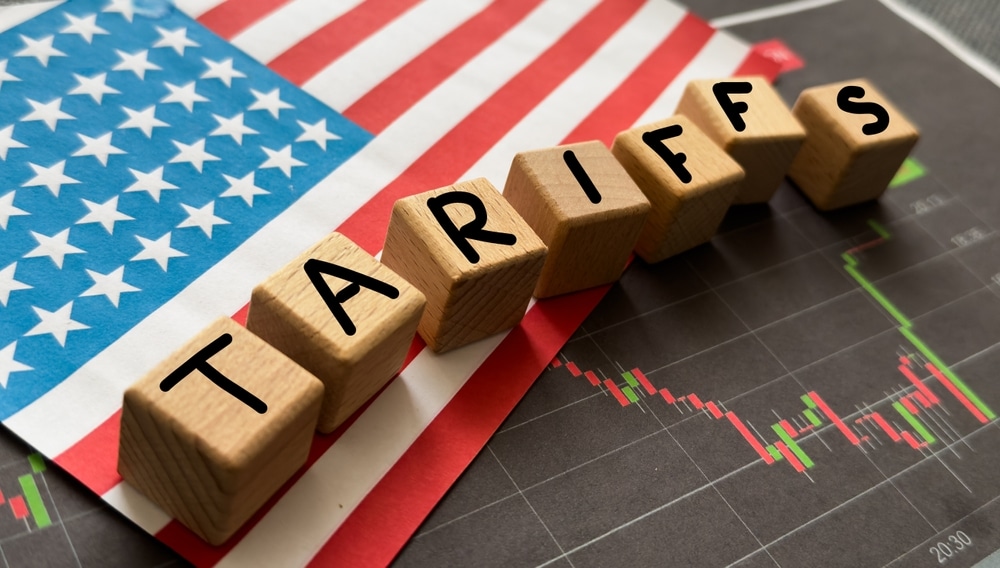
Bank of America Sued by FDIC for Masking Risk
You may have forgotten this piece of news, but last January, the FDIC--the government agency that insures depositor’s funds against bank failures--sued Bank of America in federal court for over half a BILLION dollars.
Not much has been reported since the news first broke. And like many stories whose initial luster had run its course, media turned its attention elsewhere, toward other interesting developments taking place in the world. And people’s attention followed.
To recap, the FDIC alleged that Bank of America underreported a key risk metric, allowing tens of billions of dollars of risk exposure in most of 2013 and 2014 to remain unseen by the FDIC’s regulators. In short, BofA had more risk on their books--mainly from companies and counterparties owing them money--than they had reported.
For the FDIC, such risks are problematic, as the agency’s sole purpose--to insure up to $250,000 per depositor should a given bank fail--depends on a clear assessment of that risk. And to insure depositors against the ruinous effects of bank failures, the FDIC must finance its operation by periodically charging banks a premium relative to the amount of risk on the bank’s books. The larger the risk, the larger the premium. In this particular case, BofA allegedly underreported their risk, bypassing a larger premium--equivalent to $542 million--that they would have been obligated to pay had they been more transparent.
What’s concerning is Bank of America’s public response to the allegations. It implicitly reveals a systemic perspective with regard to its customers and the general public: they simply don’t exist.
Eugene Scalia, partner in the Washington office of Gibson, Dunn & Crutcher, representing Bank of America reduces the matter to a mere “contract dispute” and “technical disagreement.” He stated that the FDIC significantly changed requirements in 2014 and “never gave Bank of America fair notice of its view prior to this year,” (2017) and that the bank had submitted reports in which their approach to quantifying risk was transparent.
Whether this is true or not is something that has yet to be resolved. But what’s more important to us is what these two terms--contract dispute and technical disagreement--say about Bank of America.
A “contract dispute” typically takes place between two parties. In this case it happens to be BofA and the FDIC. The nature of their dispute is indeed a “technical disagreement” on risk calculations and premium amounts.
By reducing the entire matter to these two terms, Bank of America effectively, and indirectly, erases the customer from the equation. They also erase what’s really at stake--i.e. a potential global financial disaster resulting from the collapse of a Too-Big-To-Fail bank..something that can happen without warning when a bank takes on too much risk with little transparency.
This kind of verbal reduction isn’t “fake news,” but it’s a diversionary tactic that gets close. For those who can read right through it, it’s a bit insulting (to one’s intelligence). After all, we’ve seen how financial institutions downplay, technocratize, or verbally hygienize risk (remember the months leading to the financial crisis of 2008?).
But perhaps Bank of America is also correct in stating that the FDIC’s bureaucratic machine is operating way too inefficiently to adequately monitor and stay on par with private enterprise. That wouldn’t be so surprising either, nor would it be farfetched.
In any case, this recent dispute between bank and government (not that we have much confidence in either) makes us wonder to what extent we’re obligated to participate in the system?
There are alternatives. The pursuit toward one alternative is what had driven Bitcoin and Ethereum prices sky high over the last few years. The pursuit toward the other more conservative alternative has always found its way to the safe haven of gold and silver. Why participate in a system where lack of transparency, bureaucratic inefficiency, and relentless drive toward profits and control are the system’s primary objectives...at the expense of the people for which it was designed to serve?











